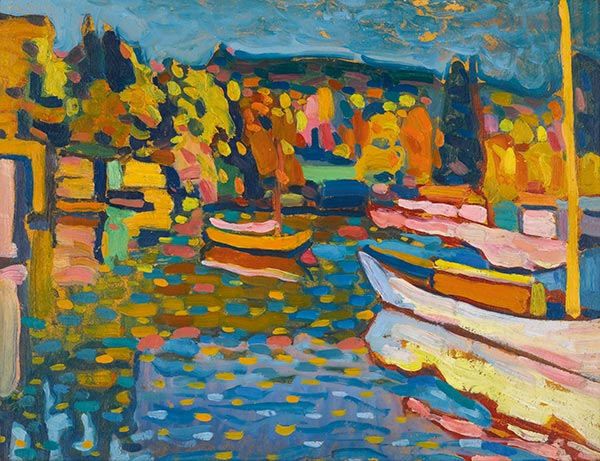Subtotal: $
Checkout
How to Not Live a Boring Life
Without the story that guides all other stories, the many events of each day remain a series of random incidents and accidents.
By Henri J. M. Nouwen
July 7, 2024
The discipline of the church is the discipline by which we remain in touch with the true story of God in history. One way of defining the spiritual life is to see it as a life in which we keep making connections between God’s story and our own.
Without the Spirit, our upwardly mobile lives remain full but unfulfilled lives in which our many stories compete with each other for attention. Without the Spirit, our busy lives remain boring lives in which the many events of each day remain a series of random incidents and accidents. Without the Spirit, our lives remain truly uneventful. But with the Spirit, all that takes place from day to day, week to week, and year to year, can be known and experienced as the concrete manifestations of the Christ-event in time and space.
The discipline of the church is the discipline by which we as a people represent the living Christ in time and space. This living Christ is not simply a person, but an event. Christ is the one who was born, lived, died, rose from the dead, and sent the Spirit. Christ is God acting in human history. It is this mystery of the Christ-event that is made visible in the liturgical discipline of the church.

Wassily Kandinsky, Study For Autumn Landscape With Boats, 1908.
The liturgy is the celebration by the people of God of the Christ-event. It is the manifestation of what is really taking place in human history. Christ is coming and being born in us; he lives, suffers, dies, and is risen in us; and he sends his Spirit to us, thereby bringing us into communion with one another. The seasonal celebrations of Christmas, Easter, and Pentecost, and their periods of preparation and reflection, manifest the fullness of the Christ-event of which we have become part.
The first and most essential discipline by which our spiritual formation takes place is, therefore, the discipline by which we, the people of God, create space in the midst of our human chronologies to present the Christ-event as true for us. Thus the church is our first and foremost spiritual director. The church not only teaches us what to reflect on, what to pay attention to, and what to speak or think about, it also realizes in and through the liturgical discipline the Christ-event itself.
The story of Christ is therefore not “the greatest story ever told,” but the only story ever told. It is the story from which all other stories receive their meaning and significance.
What is truly taking place in our lives is not determined by the random ups and downs of our personal and communal lives, but rather by the events of Christ’s life being realized among us in and though the church. It is Advent, Christ is coming; it is Christmas, Christ is being born; it is Lent, Christ is suffering; it is Holy Week, Christ is dying; it is Easter, Christ is risen; it is Pentecost, Christ is sending his Spirit. That is what is truly happening! All other events – personal, social, or political – derive their meaning from the Christ-event.
Just as we only come to know our true selves by letting ourselves be known in and through Christ, so, too, can we only come to know the true events of our time in and through the story of Christ.
The story of Christ is therefore not “the greatest story ever told,” but the only story ever told. It is the story from which all other stories receive their meaning and significance. The story of Christ makes history real.
The attention to the presence of Christ in our own personal story can only remain free from self-deception when we remain attentive to the presence of Christ in the daily life of the church. Only when we allow the total Christ-event as it was prepared in the Old Testament, realized in the New Testament, and proclaimed in the life of the Christian community; only when we can let that event become the foundation of our lives can we make connections by which we are healed and given new life.
Henri J. M. Nouwen, The Selfless Way of Christ (Orbis, 2007), 71–76. Orbis edition and the UK edition.
Already a subscriber? Sign in
Try 3 months of unlimited access. Start your FREE TRIAL today. Cancel anytime.







George Marsh
This teaching inspires me to read Scripture and reflect on its wisdom often. I assent to it and my life is a developing adventure with a protecting Guide.